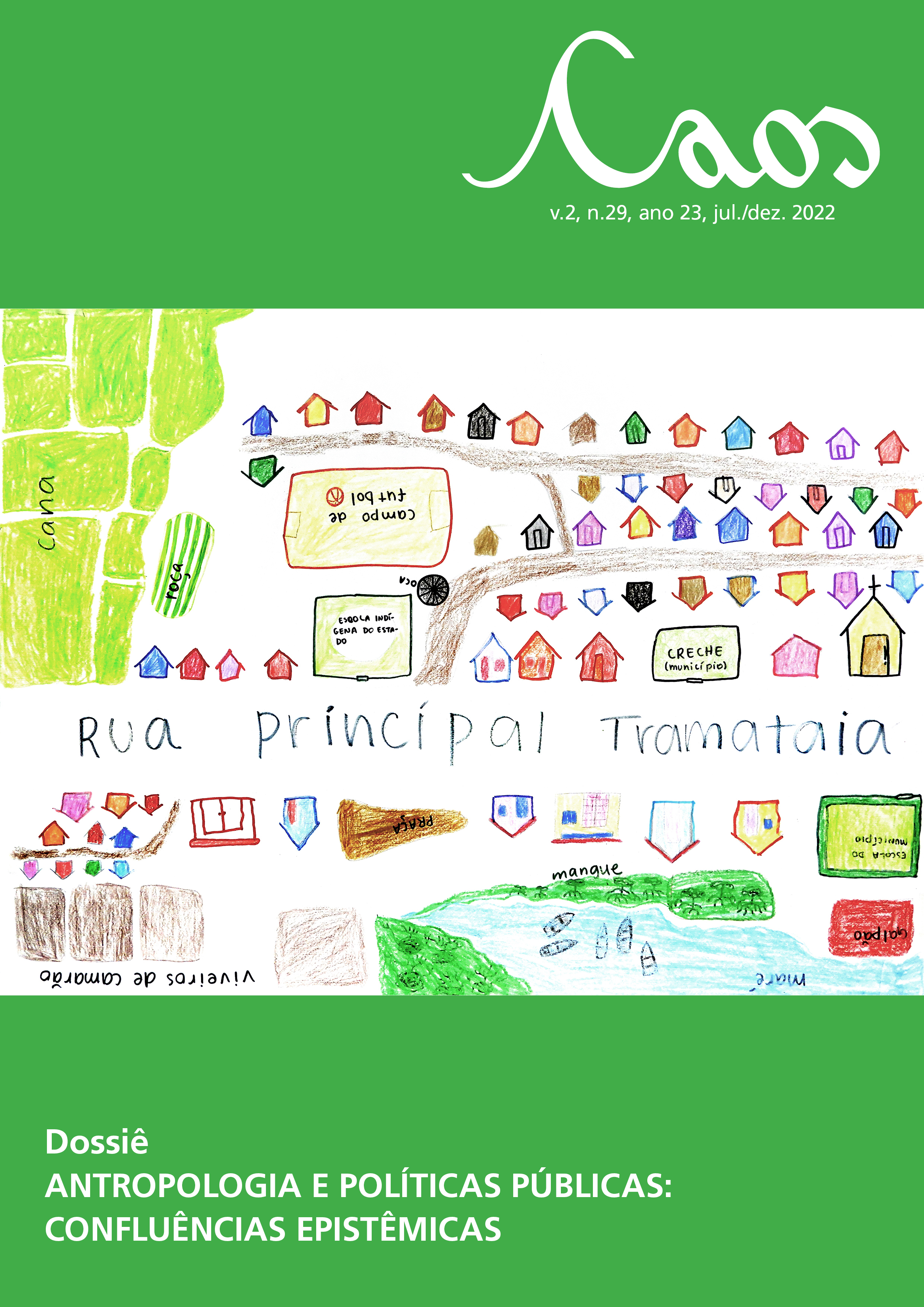ANTHROPOLOGICAL REFLECTIONS ON CHILD-CENTERED PUBLIC POLICIES: an initial study on the “City of Children Project” and its implementation in the city of Jundiaí (SP/Brazil)
DOI:
https://doi.org/10.46906/caos.n29.62778.p89-113Keywords:
public policy, anthropology, cities, Project The City of ChildrenAbstract
This essay aims to analyze the developments of the “City of Children Project” in Jundiaí, a Brazilian city located in the state of São Paulo. It is an international initiative in municipal management, founded in Italy in 1991, which seeks to put children at the center of public policies. Since 2018, the municipality in the state of São Paulo has been implementing Project actions in its territory, which will be analyzed here, highlighting the role of the current municipal management. Understanding the field of public policies as a multidisciplinary field, we bring an anthropological perspective to this analysis paying attention to different motivations and relationships between agents who act in the creation and implementation of policies. Through an online survey and a brief field trip to Jundiaí (in which, above all, exploratory walking techniques, informal conversations and direct and participant observation were used), the text presents the analyses of an ethnography of early-stage public policies. The work hopes to demonstrate the relevance of anthropology in action beyond the academic sphere, bringing reflections on public policies based on current research about and with children.
Downloads
Metrics
Published
Issue
Section
License
Copyright (c) 2022 Beatriz Soares Gonçalves, Flávia Ferreira Pires

This work is licensed under a Creative Commons Attribution-NonCommercial 4.0 International License.
A Caos é regida por uma Licença da Creative Commons (CC): CC BY-NC 4.0, aplicada a revistas eletrônicas, com a qual os autores declaram concordar ao fazer a submissão. Os autores retêm os direitos autorais e os de publicação completos.
Segundo essa licença, os autores são os detentores dos direitos autorais (copyright) de seus textos, e concedem direitos de uso para outros, podendo qualquer usuário copiar e redistribuir o material em qualquer suporte ou formato, remixar, transformar e criar a partir do material, ou usá-lo de qualquer outro propósito lícito, observando os seguintes termos: (a) atribuição – o usuário deve atribuir o devido crédito, fornecer um link para a licença, e indicar se foram feitas alterações. Os usos podem ocorrer de qualquer forma razoável, mas não de uma forma que sugira haver o apoio ou aprovação do licenciante; (b) NãoComercial – o material não pode ser usado para fins comerciais; (c) sem restrições adicionais – os usuários não podem aplicar termos jurídicos ou medidas de caráter tecnológico que restrinjam legalmente outros de fazerem algo que a licença permita.
Recomendamos aos autores que, antes de submeterem os manuscritos, acessem os termos completos da licença (clique aqui).
















